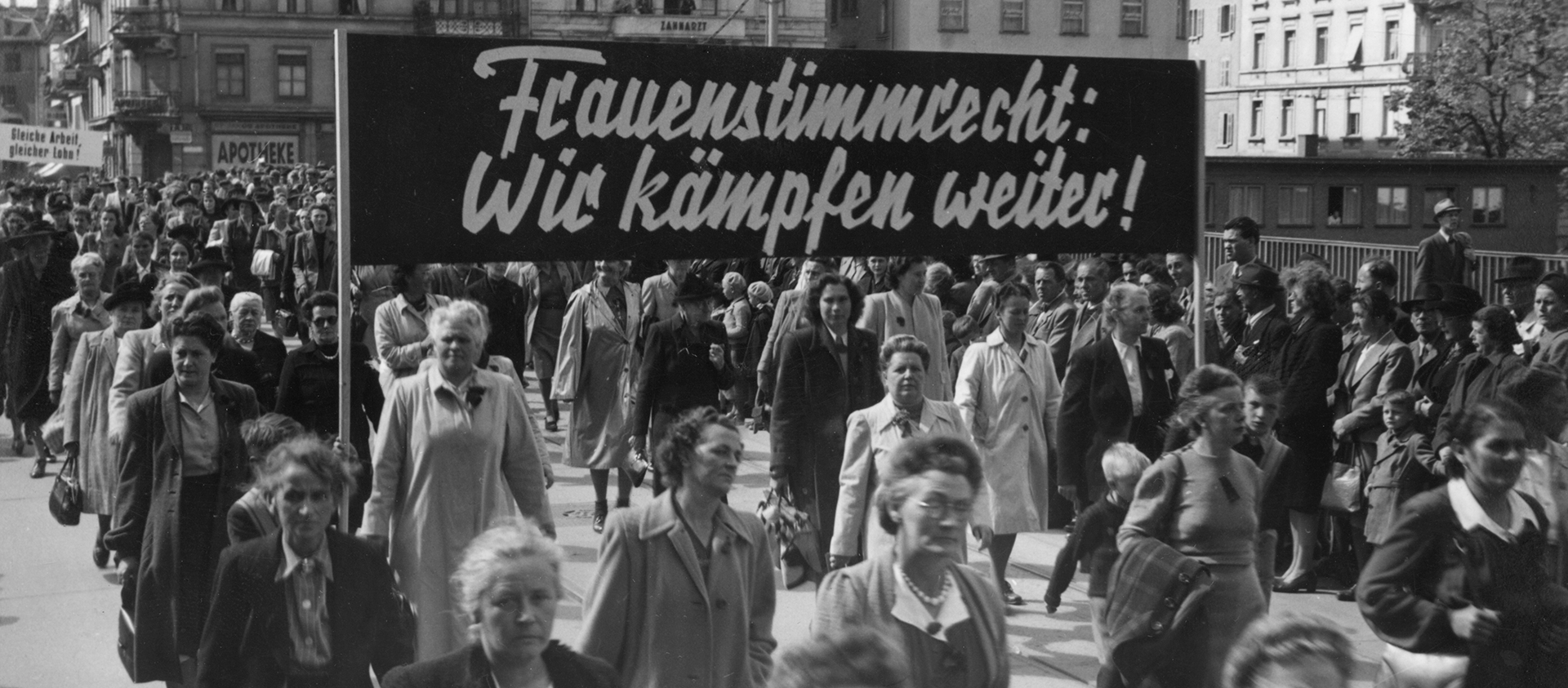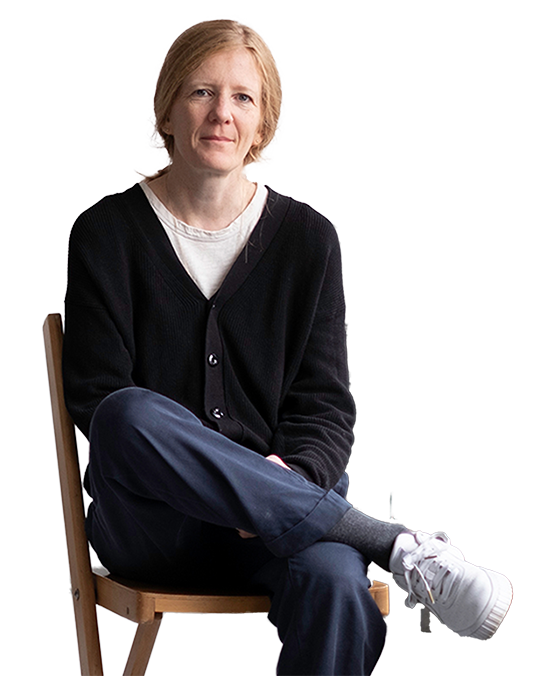Institute of Public Law
The Institute’s teaching and research activities as well as the services it provides cover every aspect of public law. Its specialties include basic and human rights, constitutional law, general and special administrative law, public procedural law and international law. The Institute of Public Law cooperates with the Swiss Centre of Expertise in Human Rights and the Centre for Migration Law.

